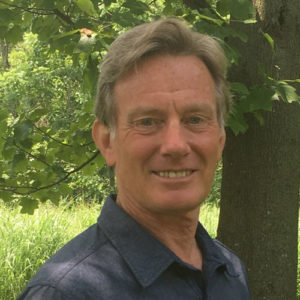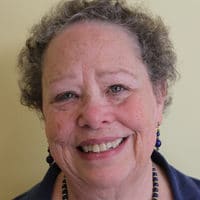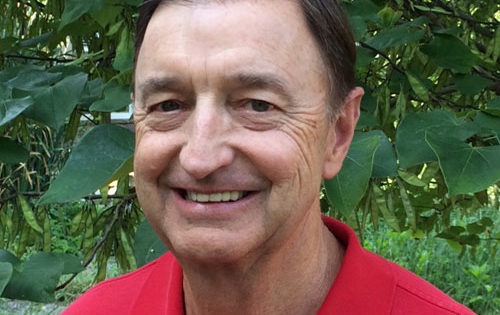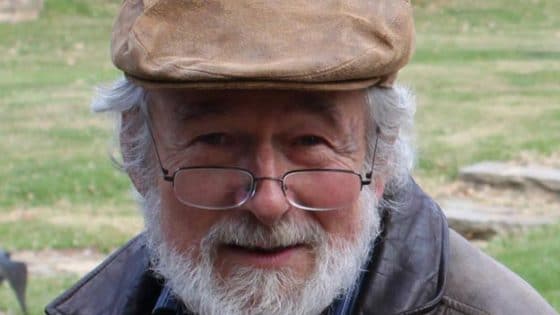 Research Scientist Emeritus
Research Scientist Emeritus
- Affiliate Faculty, Delaware Environmental Institute, University of Delaware
Contact
lakaplan@stroudcenter.org
970 Spencer Road, Avondale, PA 19311
Interests and Expertise
Dissolved organic matter biogeochemistry, aquatic microbial ecology, and nutrient cycling.
Education
- Ph.D., Biology (Limnology), University of Pennsylvania, Philadelphia, Pennsylvania.
- M.S., Ecology, University of California, Davis, California.
- B.A., Environmental Sciences, Franklin and Marshall College, Lancaster, Pennsylvania.
Professional Experience
- Research Scientist Emeritus, Stroud Water Research Center, 2018–present.
- Director, Ecosystem Science Cluster, Division of Environmental Science, National Science Foundation, 2015–2018.
- Senior Research Scientist, Stroud Water Research Center, 1999–2017.
- Curator, Division of Environmental Research, Stroud Water Research Center, Academy of Natural Sciences of Philadelphia, 1996–1999.
- Assistant Curator, Division of Environmental Research, Stroud Water Research Center, Academy of Natural Sciences of Philadelphia, 1988–1992.
- Research Associate, Division of Environmental Research, Stroud Water Research Center, Academy of Natural Sciences of Philadelphia, 1980–1988.
- Post Graduate Research Scientist III, University of California, Davis, California, 1974–1975.
Publications
Recurring seasonal dynamics of microbial communities in stream habitats
Hullar, M. A. J., L. A. Kaplan, and D. A. Stahl. 2006. Applied and Environmental Microbiology 72:713–722.
Synthesis of 13C-labeled tracer for stream DOC: labeling tulip poplar carbon with 13CO2
Wiegner, T.N., L.A. Kaplan, J.D. Newbold, and P.H. Ostrom. 2005. Ecosystems 8:501–511.
Volk, C., L.A. Kaplan, J. Robinson, B. Johnson, L. Wood, H.W. Zhu, and M. LeChevallier. 2005. Environmental Science and Technology 39(11):4258–4264.
Wiegner, T.N.,L.A. Kaplan, J.D. Newbold, and P.H. Ostrom. 2005. Journal North American Benthological Society 24:48–67.
The role of organic matter in structuring microbial communities
Kaplan, L., M. Hullar, L. Sappelsa, D. Stahl, P. Hatcher, and S. Frazier. 2005. American Water Works Association, Denver, Colorado.
See all publications by Stroud Center authors
Related News
Most microorganisms in nature grow attached to surfaces, encased in a protective matrix — or biofilm. Our research focuses on the growth and control of microbial biofilm in the East
UpStream Newsletter, Winter 2009
After almost three years at the National Institute of Water and Atmospheric Research in New Zealand, Dave Arscott will return to serve as the Stroud Center’s assistant director.
UpStream Newsletter, Summer 2008
Willy Eldridge recently joined the Stroud™ Water Research Center to launch its Fish Molecular Ecology Department.
UpStream Newsletter, Spring 2008
A documentary film chronicles how students rowed, paddled, and across the watersheds that provide nine million New Yorkers with drinking water.
UpStream Newsletter, Summer 2004
A National Science Foundation grant for a study in the Amazon could help unravel the mystery of the missing carbon sink.
UpStream Newsletter, Spring 2002
Stroud scientists are studying how organic molecules support stream microorganisms and how far the molecules travel downstream before they are metabolized.



